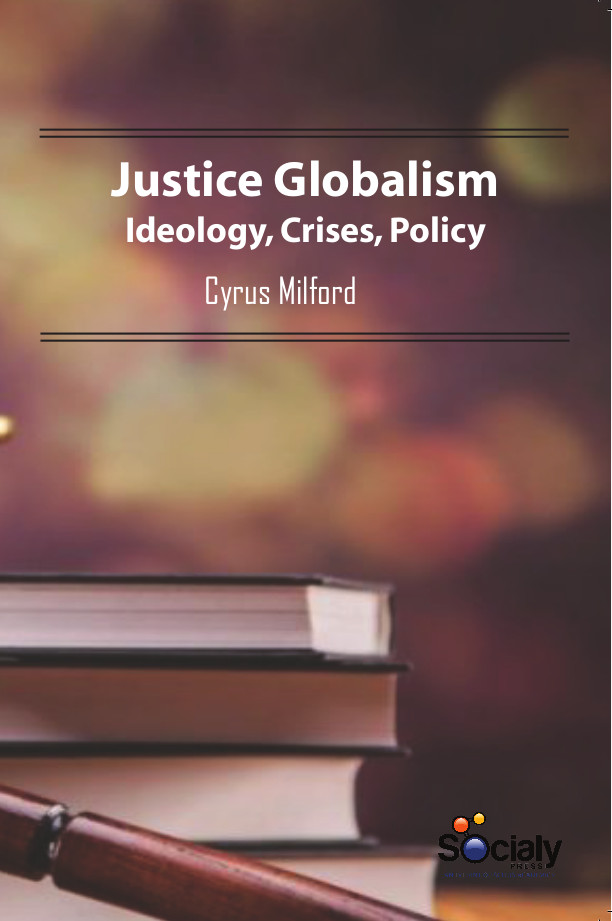Today is this just a “trendy” expression, or does it reflect the changing nature of the legal, political and economic frameworks governing, shaping and more generally Populating” the complex web of relationships existing across the world and involving states as well as private actors? Today, we are all too aware of the barriers to social mobility and of their implications for anything from school attainment to access to employment. And we have come to accept that the ‘state’ should act in a way that ‘realizes justice’, by eliminating these barriers and thereby improving life expectancy and enabling social mobility. At the same time, this new understanding of what a ‘just society’ and a ‘just nation’ are has challenged the existing frameworks through which decisions are taken and, more generally, debate takes place with a view to influencing policy agendas. There are three primary approaches to global justice: cosmopolitanism, communitarianism, and neorealism. Each of these views emphasizes a different component in IR theory and posits different solutions to the issue of inequality. While cosmopolitanism views individuals as members of a global society, communitarianism and neorealism adopt a state-centric view of justice. Moral cosmopolitanism argues for very little change. Rather, it suggests principles of human concern can be used as metrics by which existing arrangements and institutions may be measured. Thereunder, it is a consequentialist framework to ensure each political relationship maintains a positive influence on human rights.
This Book, Justice Globalism: Ideology, Crises, Policy, is an accessible introduction to the core concepts and studies in the field. Global justice requires universal respect for basic human rights. These rights belong to each and every one of us, and they can be used to guide policy-making in areas such as humanitarian intervention, global poverty, and secession. Emphasizing the importance of legitimate political institutions for protecting basic rights and ensuring self-determination, this compilation sets out concrete reforms which would protect core human rights internationally.













